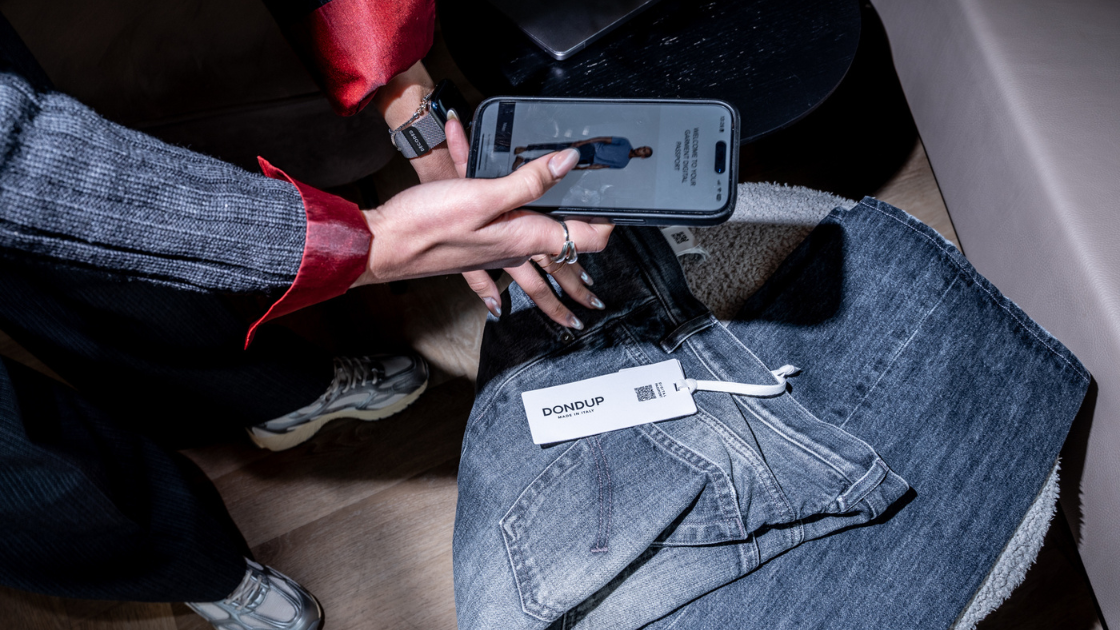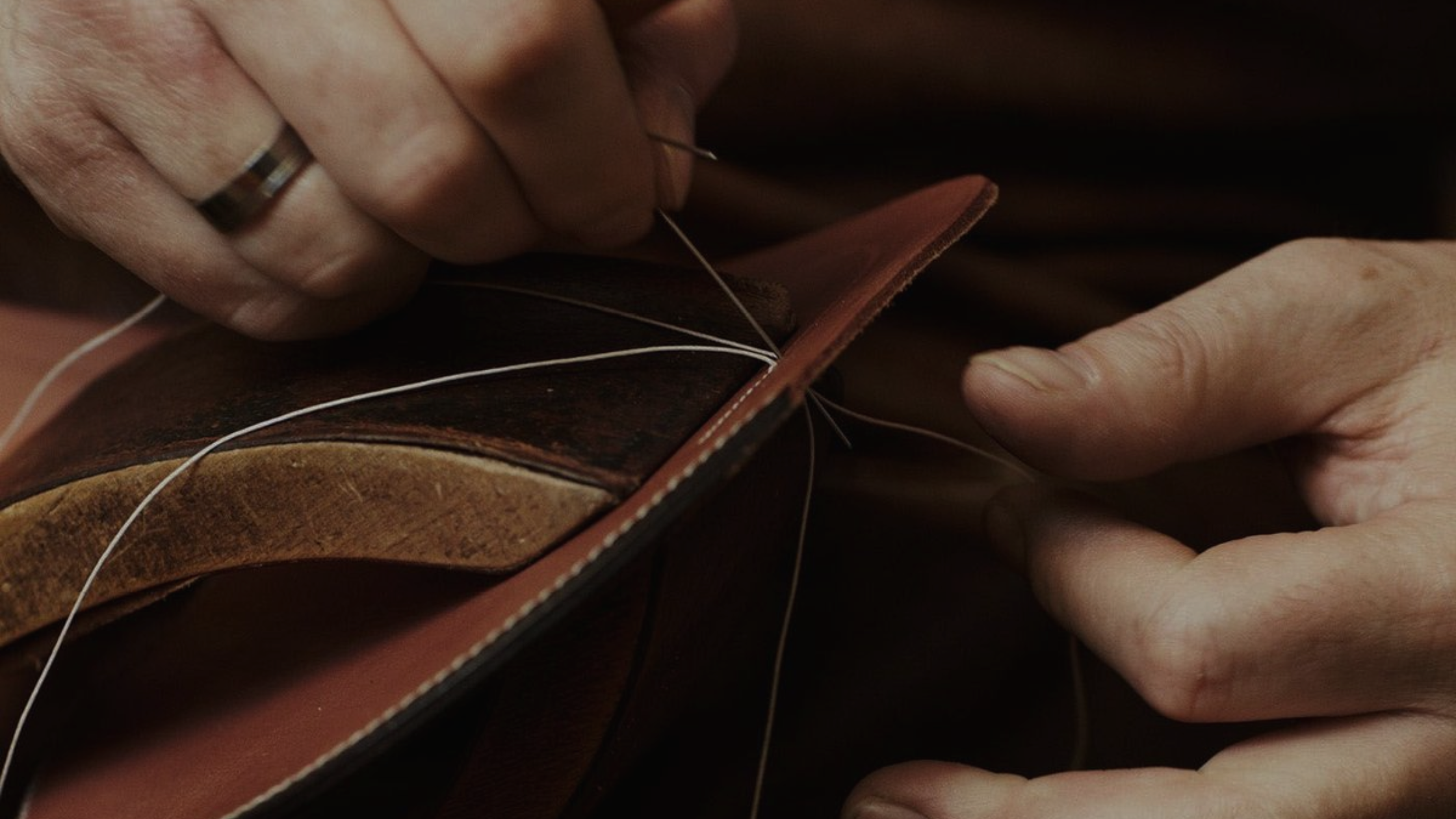EU lawmakers have recently struck a historic deal on new repair rules. The agreement, reached on 2nd February 2024, marks a significant victory for consumers and environmental advocates.
The new law champions independent repair and aims to enhance consumers' access to affordable repair options, addressing a pressing issue where “consumers lose a staggering €12 billion annually” by opting for new products instead of repairs within the EU.
The environmental costs of this trend are equally alarming to the EU.
Key provisions
- Reduced VAT on Repair Services: Lowering VAT on repair services incentivizes consumers to choose repair over replacement, fostering a culture of sustainability.
- Improved Access to Spare Parts and Repair Services: Ensuring easier access to spare parts and repair services empowers consumers to make environmentally conscious choices and prolong the lifespan of their products.
- Ban on Software Preventing Independent Repairs: By prohibiting software that hampers independent repairs, the law promotes a level playing field for repair businesses and consumers.
- Mandatory Repairs for Smartphones and Other Products Post-Warranty: Mandating repairs for smartphones and other products post-warranty encourages manufacturers to prioritize durability and longevity in their products.
Tools introduced by the R2R
The Council and the European Parliament's provisional agreement on the directive, known as the right-to-repair (R2R) directive, heralds a new era of repairability and sustainability in the EU. It aims to make repair services more accessible, transparent, and attractive to consumers.
The directive introduces various tools to promote repair, including:
- Consumer Right to Request Repairs: Consumers can request manufacturers to repair products that are technically repairable under EU law, fostering a shift towards sustainable consumption habits.
- European Repair Information Form: Providing clear and standardized information to consumers, the European repair information form streamlines the repair process and ensures transparency in repair services.
- European Online Repair Platform: The creation of a centralized European online repair platform facilitates access to repair services across member states, promoting cross-border repair initiatives and community-led repair initiatives.
This agreement underscores Europe's commitment to repair and reuse, offering an alternative to disposal culture.
Connecting the R2R with Digital Product Passports
How will the R2R connect with DPP? If you are interested in this aspect of the legislation, please reach out to our team info@renoon.com or Book a Demo.
Here you can find more information on the role of Digital Product Passports, "not as just compliance.
By promoting repairability, the EU has the objective not only to extend the lifespan of products but also to create additional jobs, reduce waste, and take environmental measures connected to circular economy.
As the agreement progresses towards formal adoption, Europe clearly demonstrate the intention in prioritizing repair and reuse as pillars of a circular economy.

.png)






.png)

.png)

.png)
.png)

.png)





.png)
.png)


.png)

.png)


.png)

.png)







.png)
.png)

.jpg)

.png)

.png)
.png)
.png)
.png)




.png)
.png)


.png)


.png)